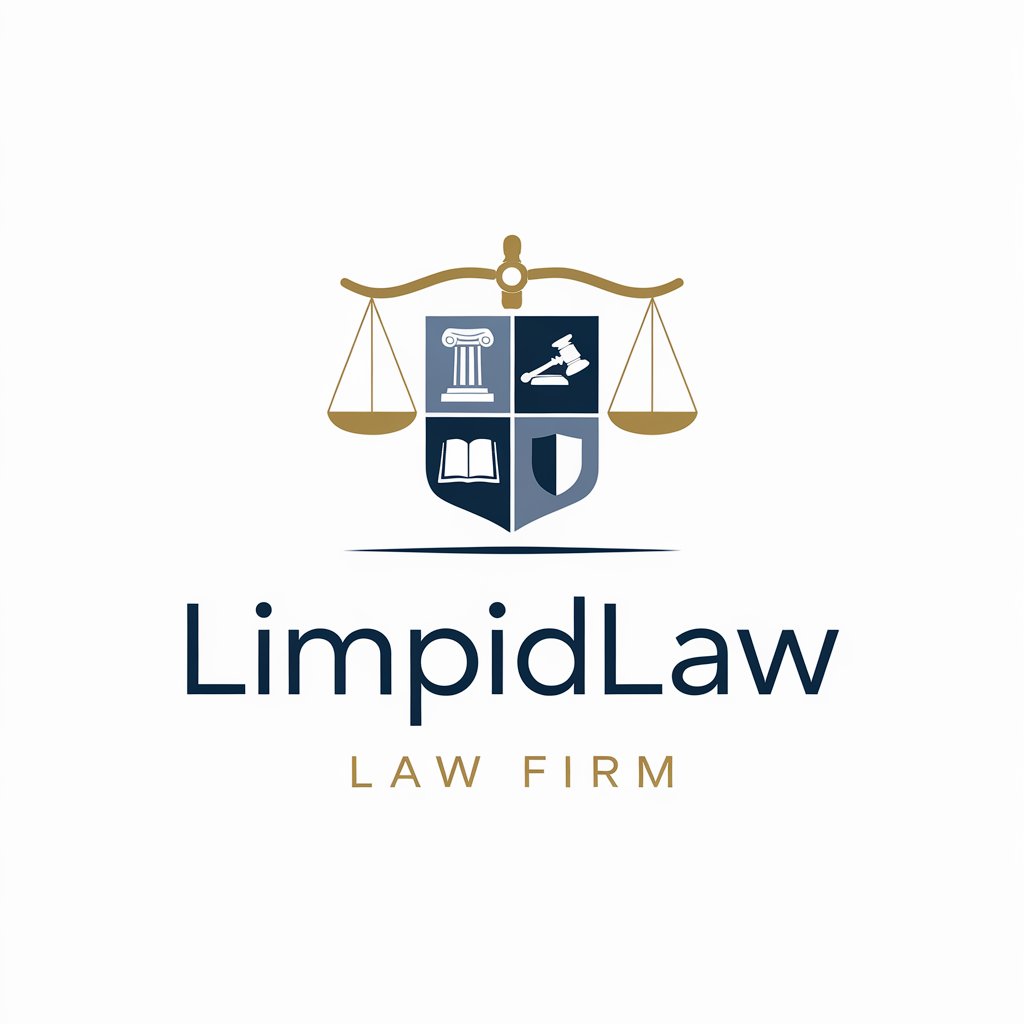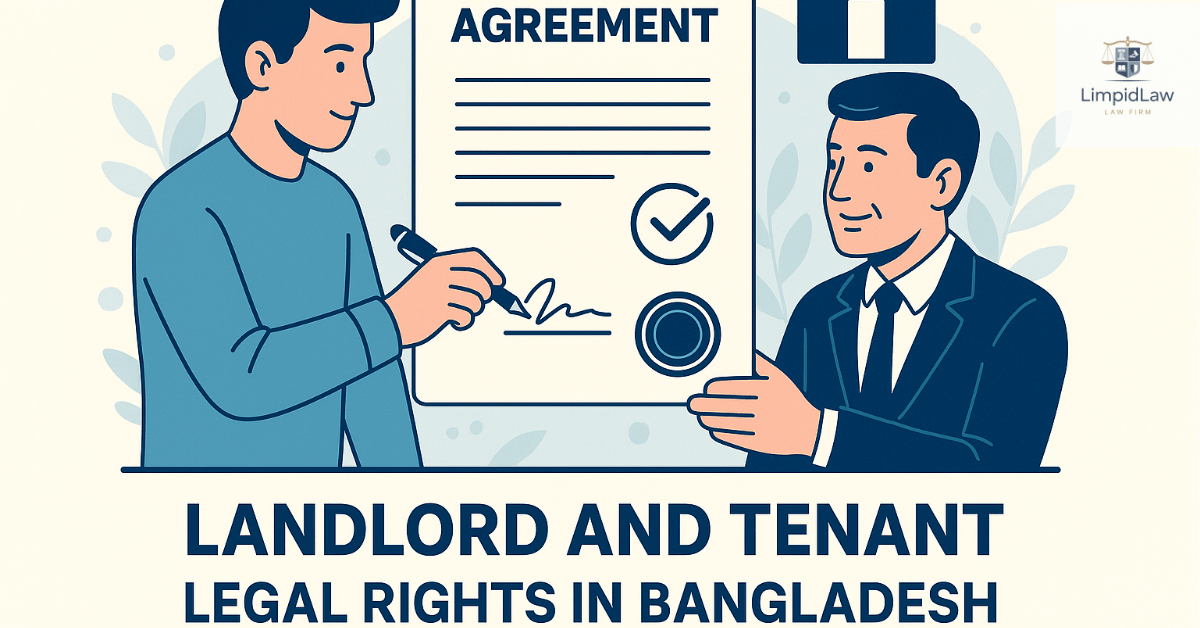Buying property in Bangladesh can be an exciting yet daunting endeavor. Whether you’re considering a flat, an apartment, or a commercial space, there are several key factors to understand to make a sound investment. In this blog post, we’ll delve into the ins and outs of the real estate market here, pointing out essential tips and frequently asked questions to equip you with the knowledge you need.
Buying Property in Bangladesh: Understanding the Real Estate Market
The Real Estate Landscape
Bangladesh’s real estate market is rapidly evolving, driven by urbanization and economic growth. Cities like Dhaka and Chittagong are witnessing a surge in property developments, catering to both local and foreign investors. The appeal of owning property, particularly in urban centers, lies in the potential for value appreciation and rental income.
What are the Types of Properties Available?
- Flats/Apartments: Typically sold in multi-family buildings, flats and apartments offer an affordable entry point into property ownership. They are popular among those looking for residential options.
- Commercial Spaces: With the growing economy, investing in commercial properties like shops, offices, and warehouses can yield significant returns.
- Lands: Buying land can be a longer-term investment, mostly appealing for those looking to build or develop.
Buying Property in Bangladesh: The Process
- Finding the Right Property: Start by searching real estate websites and consulting local real estate agents who understand the market. Determine your budget, desired location, and property type.
- Conducting Due Diligence by Verifying Legal Documents: Inspect the property thoroughly and verify that all documents are in order. It is better to get legal help in this regard. Also check for any disputes, unpaid taxes, or encumbrances. Understanding the flat sale process, especially in bustling areas like Flat Sale in Dhaka, can significantly smoothen your buying journey.
- Engage Professionals: Hire a reputable lawyer (if possible).
- Making an Offer: Once you find a desirable property, you can make an official offer. It’s advisable to involve a lawyer to draft the sale agreement.
- Finalizing the Purchase: After agreeing on a price and terms, you will need to complete the registration process to transfer ownership formally.
- Post-Purchase Formalities: Update mutation (namjari) records, pay necessary taxes, and inform relevant authorities as required.
Things to Know Before Buying Property in Bangladesh
Familiarizing yourself with real estate laws in Bangladesh is crucial. Below are some legal and other relevant aspects to consider:
Legal Due Diligence
Understanding the process of flat purchase or the entire flat registration process in Bangladesh can save you from unexpected hurdles:
- Verify Title and Ownership
- Always check the original title deed to ensure the seller has the legal right to sell the property. Confirm the seller’s identity and their authority to transact.
- For commercial spaces, flats or apartments, verify the land ownership, mutation (namjari) certificate, various survey records (e.g. Katians like C.S., S.A., R.S., City Survey etc.), deed of agreement and power of attorney documents executed between the landowner and developer.
- Also ensure the property isn’t under any legal dispute, government embargo or any other encumbrance by obtaining an encumbrance certificate and reviewing up-to-date land development tax receipts along with DCR and Mutation proposal.
- Check Approvals and Compliance
- Confirm that the property has necessary approvals from authorities like RAJUK (Rajdhani Unnayan Kartripakkha), Ministry of Housing and Public Works, National Housing etc. for Dhaka properties.
- For commercial properties, check local zoning regulations to ensure your intended use is permitted.
- Sale Deed and Registration
- Draft a clear Deed of Sale Agreement (saf kabla) outlining all terms and conditions.
- Register the sale deed with the local Sub-Registrar office to formalize ownership transfer. Be aware of applicable stamp duty, registration fees, VAT, and any income tax liabilities.
Financial Planning and Hidden Costs
- Budgeting
- Set a realistic budget, including not just the purchase price of property either land, apartment or commercial space but also additional costs such as registration fees, VAT, legal fees, interior work, and utility connection charges etc.
- For apartments or commercial space, you must expect registration and stamp duty, VAT etc. will be calculated as per the valuation of the intending property to be purchased, and other costs like parking, maintenance, and generator charges.
- Financing
- Don’t rely entirely on financial loans in order to purchase apartments or commercial space; ensure you have at least 30–40% of the cost as self-funding.
- Use EMI calculators from local banks to understand your monthly obligations.
- Bangladesh banking system do not finance on plain land where no construction work exists.
Location and Neighborhood Analysis
- Accessibility and Connectivity
- Evaluate the property’s proximity to key amenities: schools, hospitals, markets, public transport, and major roads.
- For commercial spaces, high-traffic and easily accessible locations (e.g., Gulshan, Banani, Motijheel) generally offer better returns and visibility.
- Neighborhood Quality
- Research safety, cleanliness, and the community environment. Speak with current residents or business owners to get firsthand insights.
- Consider future development plans in the area, as upcoming infrastructure projects can impact property value.
Developer Reputation and Project Quality
- Developer Track Record
- Investigate the developer’s reputation, previous projects, and delivery timelines. Reliable developers reduce the risk of project delays or quality issues.
- Construction Quality
- Inspect the property for build quality, earthquake resistance, natural light, ventilation, and overall maintenance.
- For apartments, check the facilities of building amenities like security, parking, power backup, and community spaces.
Personal Inspection and Appraisal
- Site Visits
- Personally, inspect the property to assess its condition, layout, and compliance with your needs.
- For apartments, ensure adequate air, light, and ventilation, especially given the dense urban environment in Dhaka as well as whole Bangladesh.
- Professional Appraisal
- Get a property appraisal to determine its fair market value. This is especially important if you’re seeking bank financing, as lenders will not finance more than the appraised value.
Purpose and Investment Potential
- Define Your Objective
- Clarify whether you’re buying for personal use, rental income, or long-term investment. This will influence your choice of location, property type, and budget.
- Resale and Rental Prospects
- Evaluate the property’s potential for appreciation and rental yield. Commercial spaces in prime locations tend to have higher returns but may also be harder to sell during market downturns.
Documentation Checklist
Before finalizing any property purchase, ensure you have verified and collected the following key documents:
- Original title deed and documents in related to previous chain of ownerships
- DCR, Mutation (namjari) certificate, Mutation Approval
- Approved building plan or RAJUK approval (for Dhaka)
- Sale agreement and registered sale deed
- Encumbrance certificate
- Up to date Tax payment receipts
- Power of attorney (if applicable)
Please note: this is not a conclusive list of documents. The list can be varied and more documents may be required after thoroughly vetting the above list of documents.
Common Pitfalls to Avoid
- Skipping Legal Checks: Always verify the property’s legal status to avoid future disputes.
- Overlooking Hidden Costs: Be aware of additional expenses like maintenance fees, taxes, and registration charges.
- Trusting Unverified Agents: Engage only with licensed and reputable real estate professionals.
Frequently Asked Questions
Q: What is the procedure for buying a flat in Bangladesh or How to buy a flat in Bangladesh?
A: The procedure typically includes identifying a property, conducting due diligence, making an offer, negotiating terms, signing a sale agreement, registering the property and updating ownership records.
Q: How to sell property in Bangladesh?
A: Selling property involves taking a few key steps: listing the property or finding a buyer, negotiating with potential buyers, preparing necessary documents, and executing and registering a sale agreement.
Q: Can a US citizen own property in Bangladesh?
A: Yes, US citizens or any other foreign citizen can own property in Bangladesh, although it is limited to as company owner but not as a individual and it must be commercial properties as well. It is strongly advised to contact a real estate lawyer before such purchase.
Q: Is it safe to invest in Bangladeshi real estate?
A: While the real estate sector in Bangladesh is growing, like any investment, it carries risks. Conduct thorough research and get legal advice.
Q: What are the options for buying under-construction flats?
A: When considering an under-construction flat, review the builder’s credibility, timeline for completion, and legal documents carefully contractual safeguards. It is in general is flat buying process in Bangladesh.
Q: How to check the ownership of a property in Bangladesh?
A: Review the Title Deed, Khatiyan, ownership documents and better to consult with the experienced real estate lawyer (if possible).
Q: What are the property rights in Bangladesh?
A: Property rights are protected under the constitution, allowing individuals to own, transfer, and inherit property, subject to certain regulations.
Final Tips
- Never rush into a property deal. Take time to research, inspect, and consult professionals (lawyers and bankers).
- Always insist on transparent documentation and avoid cash transactions.
- Consider future needs and market trends, especially for commercial investments.
By following these guidelines, you can make a well-informed, secure, and profitable property purchase in Bangladesh—whether it’s an apartment, flat, or commercial space. Remember, every real estate property has its unique attributes and challenges. Take your time, ask questions, and don’t hesitate to seek expert advice. Happy house hunting!



